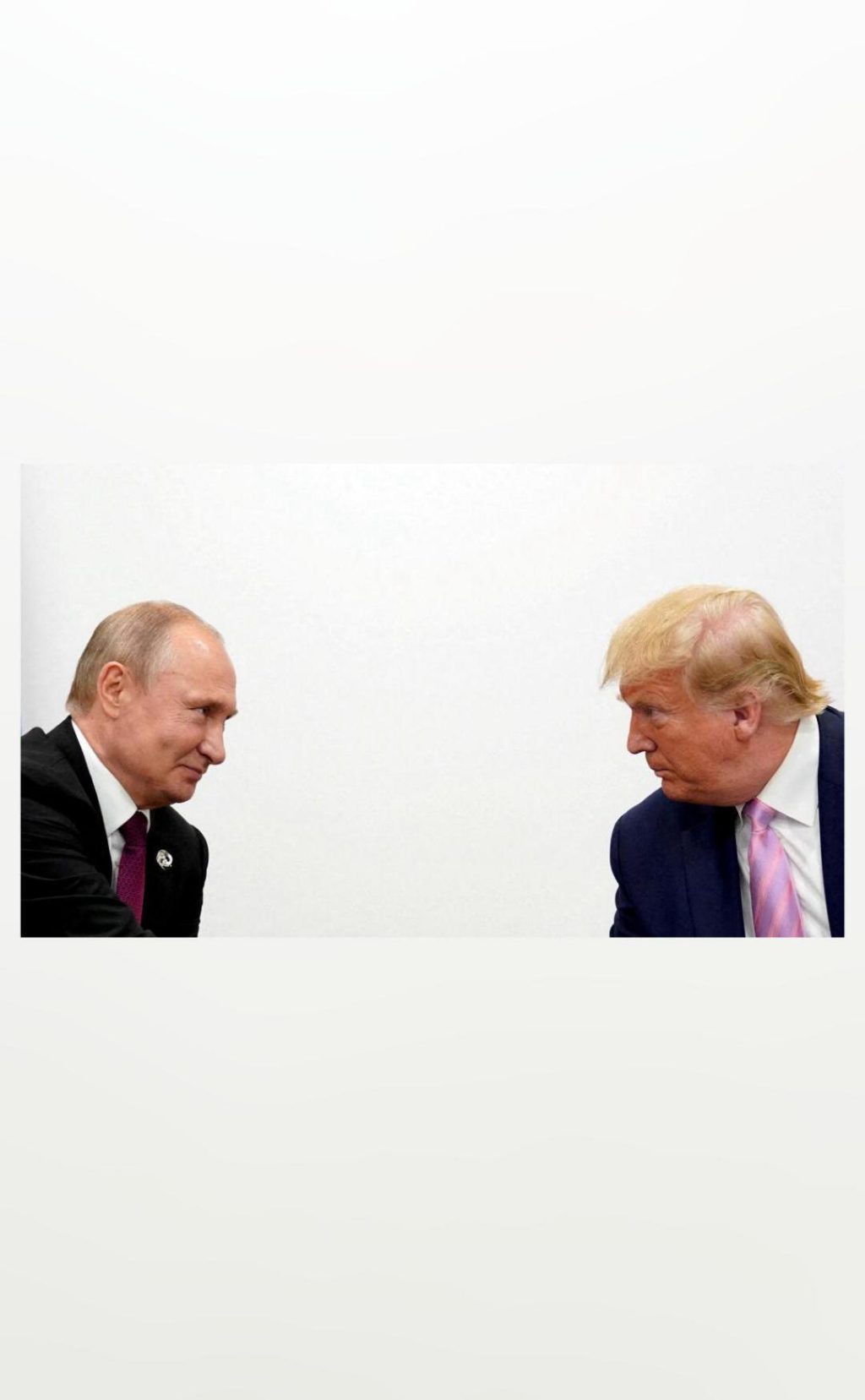
US Sides with Russia & Refuses to Blame it for Ukraine War at UN
As the conflict in Ukraine reaches its third year, the United Nations has witnessed a significant shift in global politics. In a recent vote on a Europe-backed resolution demanding the immediate withdrawal of Russian troops, the United States surprisingly sided with Russia, refusing to blame it for the invasion. This unprecedented move has sent shockwaves across the international community, with many questioning the US’s stance on the ongoing conflict.
The resolution, put forth by the European Union, called for an immediate withdrawal of Russian troops from Ukraine, as well as an end to the ongoing humanitarian crisis in the region. However, the US, along with Russia, voted against the resolution, effectively blocking its passage. The move was met with widespread criticism from the international community, with many condemning the US’s decision to side with Russia.
Notably, this is a significant departure from the US’s stance under former President Joe Biden, who always voted with the Europeans on similar resolutions. The Biden administration had consistently condemned Russia’s actions in Ukraine, and had supported European efforts to hold Russia accountable for its actions.
The US’s decision to side with Russia has been met with mixed reactions. While some have praised the move as a necessary step towards diplomatic engagement, others have criticized it as a betrayal of Ukraine’s sovereignty and a condoning of Russian aggression.
One of the main reasons behind the US’s decision to side with Russia is reportedly the desire to maintain diplomatic channels with Moscow. The US has been engaged in a series of high-level talks with Russia in recent months, aimed at reducing tensions and finding a peaceful resolution to the conflict. The US has also been working closely with Russia to address global issues such as nuclear arms control and counter-terrorism.
However, the US’s decision to side with Russia has also been met with criticism from within its own borders. Many lawmakers and experts have condemned the move, calling it a betrayal of Ukraine’s sovereignty and a condoning of Russian aggression.
“By voting against this resolution, the US is sending a message to Russia that it is acceptable to invade and occupy a sovereign nation’s territory,” said Senator Bob Menendez, Chairman of the Senate Foreign Relations Committee. “This is a grave mistake that undermines the principles of international law and the security of our allies.”
The US’s decision to side with Russia has also been seen as a significant blow to Ukraine, which has been fighting for its sovereignty and territorial integrity since the Russian invasion in 2022. Ukraine has been a key partner of the US in the region, and the US’s decision to side with Russia has raised concerns about the future of their relationship.
India, China, and Brazil also abstained from voting on the resolution, citing concerns about the need for a peaceful resolution to the conflict. While India and Brazil have been critical of Russia’s actions in Ukraine, they have also been wary of getting involved in the conflict, fearing that it could escalate into a broader regional conflict.
The US’s decision to side with Russia has significant implications for the global order. It raises questions about the role of the US as a global leader and its commitment to upholding international law and the principles of sovereignty and territorial integrity.
In conclusion, the US’s decision to side with Russia and refuse to blame it for the invasion of Ukraine at the UN is a significant departure from its previous stance. While the move may have been motivated by a desire to maintain diplomatic channels with Moscow, it has also been met with widespread criticism from within the US and around the world.
As the conflict in Ukraine continues to rage on, it is essential that the international community comes together to find a peaceful resolution to the conflict. The US’s decision to side with Russia has raised concerns about the future of the global order, and it is crucial that the US reconsiders its stance and recommit itself to upholding the principles of international law and sovereignty and territorial integrity.






